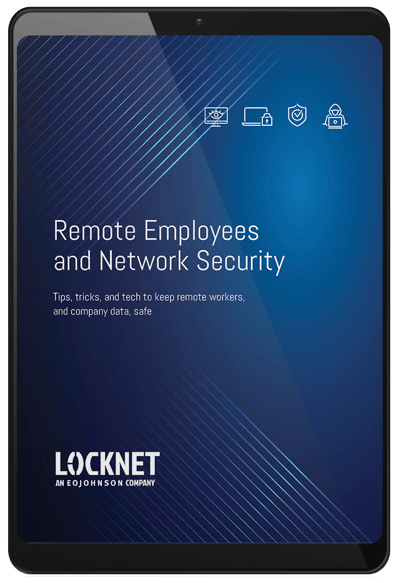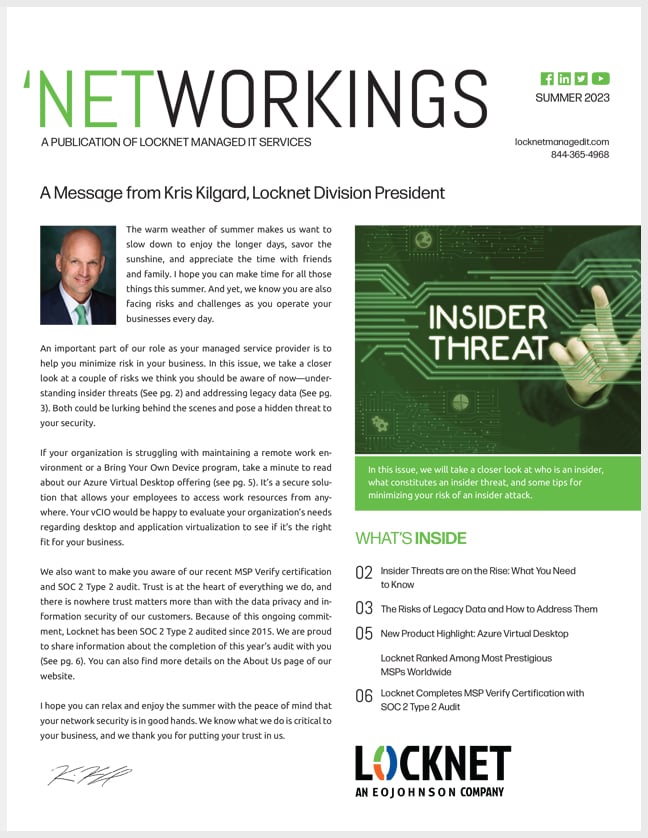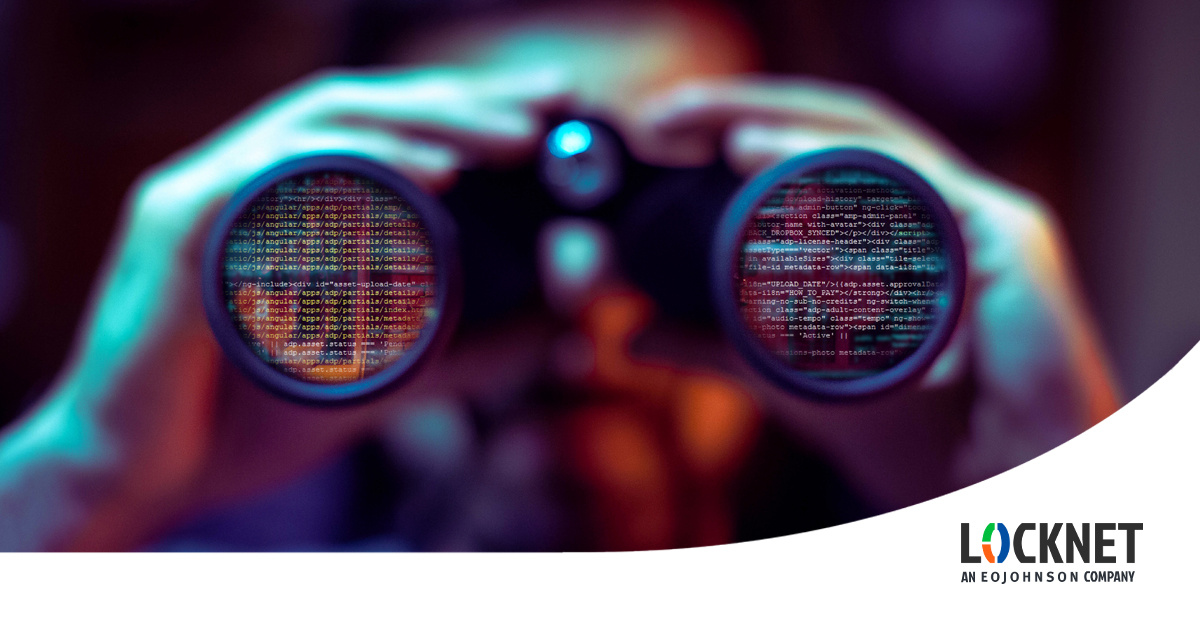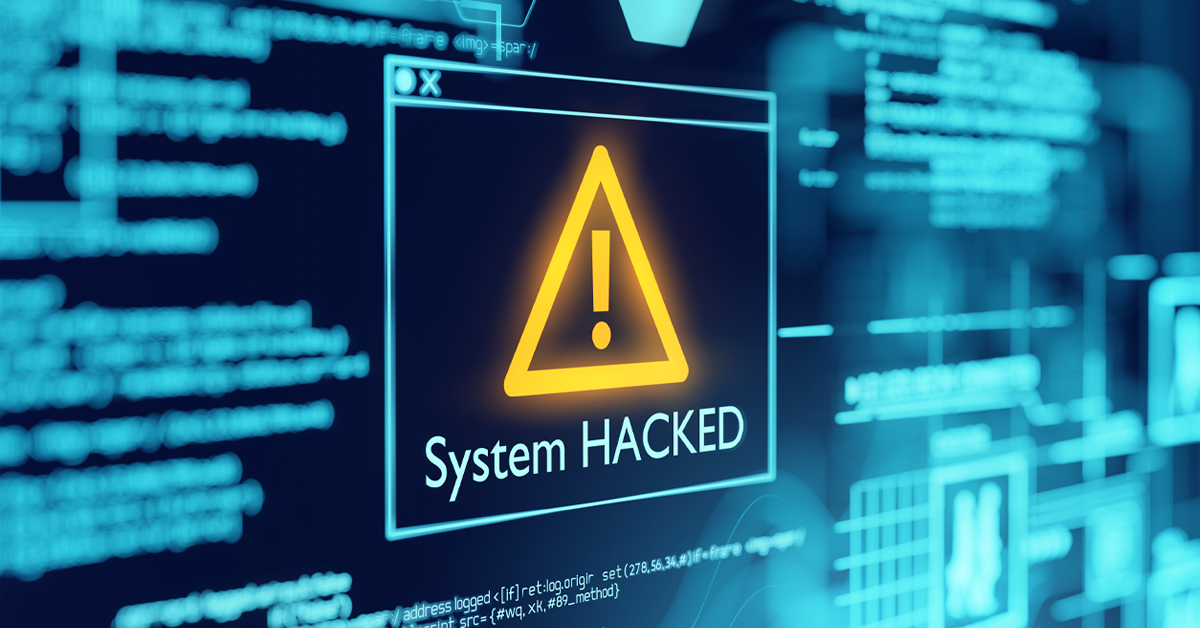The Internet of Things (IoT) offers users advancements in technology through smart devices but opens the risk for cyber security concerns.
Hackers are now able to access a growing list of these smart devices to gather information from consumers and businesses.
One of the largest attacks used a collection of over one million infected security cameras, digital video recorders, and other small devices to launch attacks on businesses and knock them offline.
Another ‘Internet of Things (IoT) attack caused major service delays for customers using Twitter, PayPal, and Spotify. Internet security experts are saying events like these are just the tip of the iceberg.
Many of these ‘remote controlled over the internet’ devices like Wi-Fi routers are forgotten and not given ‘fixes’ to ensure they’re secure.
The IoT is the new Wild West
There are no universal standards for IoT devices.
Threats can invade any of the channels they’re connected to on the internet creating malfunctions or complete shutdowns of your entire organization. For certain industries, like healthcare, a shutdown can be life-threatening.
The Internet of Things has many fans!
Computer chips are connecting even the simplest home and business ‘things’ we use to connect to the internet. Those chips, often controlled by our phones, tell us when the kids are home from school, lock our doors, turn on the lights, and more. A smart, $7,000 voice-activated grill can even tell you when to flip the burgers.
Gartner, Inc., predicted that 8.4 billion connected ‘things’ would be used in 2017, up 31% from 2016. By 2020, it is predicted there will be 25 billion IoT devices—that’s almost four devices for every human on earth.
There’s no going back
- Healthcare: The IoT is connecting medicine with healthcare devices that are reducing human error. These devices are helping to increase the ability to provide earlier diagnosis and treatment for serious conditions. Other devices provide tracking of elderly patients and their activities in nursing homes and hospitals.
- Auto: Connected car sensors indicate when to change the oil—and someday sensors will order oil, schedule maintenance, and complete payment.
- Manufacturing: Manufacturers of automotive, chemical, durable goods, electronics and more are making heavy investments in IoT devices to improve efficiency and productivity and are seeing many benefits.
- Banking: Last year Citibank tested Bluetooth-enabled beacon technology to provide customers the ability to use their cell phones to access branch ATMs 24 hours a day. Users receive location-based personalized offers. Banks can also use IoT to enhance the payment process. One future scenario is a customer’s refrigerator sensing the home ran out of milk and ordering a carton from the grocery store. Payment is seamlessly made by the bank.
Smart things require smart security
Small businesses are most vulnerable to IoT threats. Awareness of the advantages and risks of the ‘internet of things devices is a great start. Step two might be checking out what managed services can offer. Cost is not prohibitive for most and it’s worth a conversation to find out how you can best protect your devices and data.
Cybersecurity is complicated. There’s no sugarcoating it.
Managed IT security experts wrestle with the ‘devil’ every day to keep customer services and their data safe.
At Locknet Managed IT, our job is to put blockades in the way of hackers. If they break down one door, there are many more we use to keep them out of your system. Hackers want to shut you down.
Managed IT security is the pushback to make sure you can keep the lights on and your customers served.









